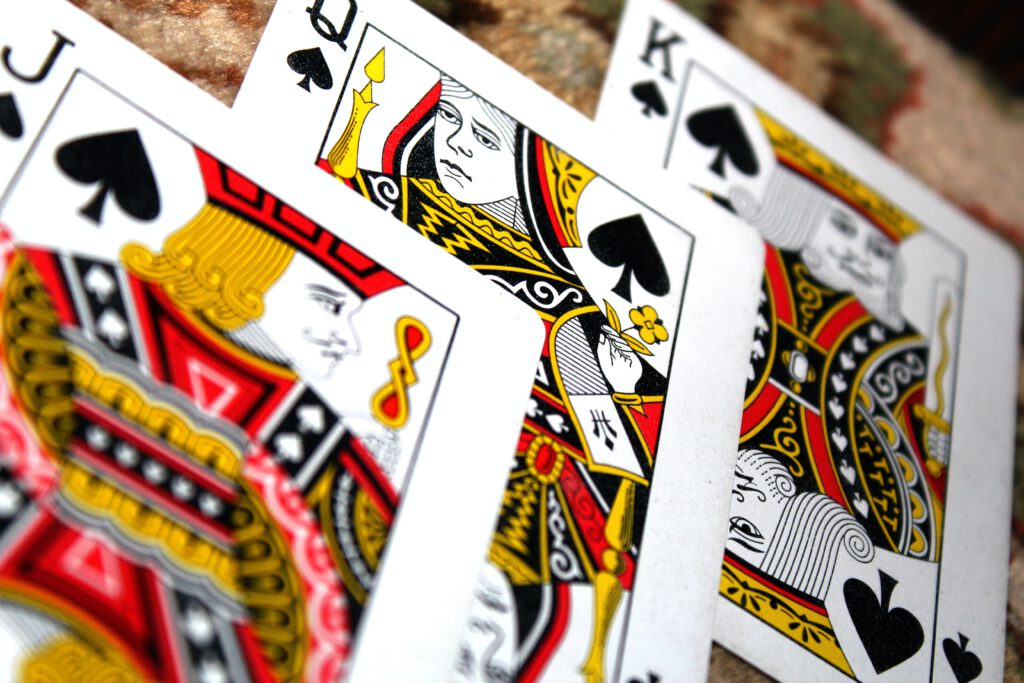The best brain games for seniors

Keeping those little grey cells active is more important than ever as people age. Intellectual engagement, such as playing brain games, has been shown to improve cognitive function (mental ability) in seniors. Not only can this prevent the onset of or the worsening of dementia, but it can benefit seniors’ health by helping individuals function if they ever need to operate a medical emergency alert system.
At the same time, hobbies improve self-esteem, reduce anxiety, and provide seniors with a sense of self-worth. Tactile activities can also be invaluable to seniors with dementia, particularly those prone to fidgeting and restless hands.
There is an extensive range of games available to suit all levels of capability, both mental and physical.
For those with full cognitive function and a good memory, general knowledge trivia quizzes are a great way to involve the whole family and can be arranged remotely as well as in person. Ensuring there is a round on seniors’ specialist subjects will help keep everyone engaged. They may also enjoy the tactile nature of traditional board games, dominoes, battleships, jigsaws, puzzle cubes, and card games.
There are many online games available for those seniors who are comfortable with technology or keen to learn. Tablets and computers provide bigger screens than smartphones for those with poor eyesight. Some seniors prefer a traditional computer with a keyboard and mouse, whereas others are happy in their favourite armchair with a tablet on a lap tray.
Solo games
Online solo player card games are a popular option, such as solitaire. Their advantages are that they are always accessible, do not require too high a level of concentration, help the mind enter a healthy meditative state, and improve memory skills. There are also many variations of solitaire, such as spider and free cell.
You could even try out our personalised solitaire game:
Give Freecell and Spider Solitaire a try if you like When They Get Older Solitaire.
Other solo play games include ones where different shapes are slotted together to make lines disappear, or similar items are aligned to clear the screen.
Traditional puzzles remain another popular option of self-entertainment. Numerous skills are needed for crosswords, sudoku, and logic grid puzzles, the more straightforward word searches, Kriss Kross puzzles, and spot-the-difference pictures. There are also free online brain training games such as riddles and illusions.
An additional level of thoughtfulness can be introduced by the creation of personalised crossword puzzles and word searches, making sure they contain the kind of information or words the senior will be familiar with (e.g. 1960s music or gardening), providing feelings of familiarity and comfort, and boosting self-esteem.
Games for more than one player
Multiplayer card games such as cribbage, rummy, blackjack, bridge, and poker can introduce a stimulating, competitive element and can be played against a computer, a stranger, or a friend. Competitive board games include traditional favourites such as ludo, backgammon, draughts, chess, scrabble, and mah-jong.
Other games that seniors might not realise can be played on a computer include pool, darts, bowling, bingo, and pinball – allowing enjoyment of a virtual form of the activity that the seniors’ health no longer allows them to participate in.
There are also many creative, tactile pursuits to challenge the brain ranging from simple activities such as dot-to-dot and paint-by-numbers (many of which are available in large print), making scrapbooks and collages, to more complex pursuits such as knitting or learning to play the piano.
Games for declining cognitive skills
For seniors who have experienced a significant decline in memory, reasoning, or general thinking skills, it is better to introduce simpler activities that can easily be understood, that still bring enjoyment to the participant (without causing frustration), such as the card game snap.
A person in the advanced stages of dementia can still experience boredom or frustration. Even if they can no longer hold a conversation or move very much, brain games can play an essential part in improving their quality of life, for example, building with regular or giant-sized building blocks.
For seniors with severe disabilities for whom most games are too complicated and challenging, sensory stimulation can help (familiar smells, music, touching different textures such as a fidget blanket).
The important thing to remember is that seniors are individuals with their own preferences, and their abilities can differ from day to day. It’s worth persevering to find brain games that they enjoy and find stimulating but not frustrating. Intellectual stimulation can benefit seniors’ health in multiple ways.
If you found this article useful, you may enjoy:
Photo by jalil shams from Pexels

